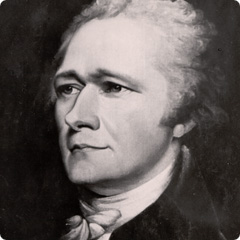Command those who are rich in this present world not to be arrogant nor to put their hope in wealth, which is so uncertain, but to put their hope in God, who richly provides us with everything for our enjoyment. Command them to do good, to be rich in good deeds, and to be generous and willing to share. In this way they will lay up treasure for themselves as a firm foundation for the coming age, so that they may take hold of the life that is truly life. – 1 Timothy 6.17-19We’re to love our neighbor by being generous people, generally, and caring for them in particular when their need is great. How generous should the people of God be, knowing how generous God has been to us? That’s rhetorical, by the way.
For those concerned about the “Prosperity” stuff several posts ago, this puts some kind of “cap” on accruing stuff for our own enjoyment. We need to be denying ourselves to a certain degree if we’re going to be generous to others and the poor.
This also brings us to generosity for those who are fulfilling God’s purposes around the world. Abraham was blessed by God to be a blessing to the nations (Gen. 12.1-3). The psalmist asked for God’s blessings on Israel, not that Israel would horde, but that God would be known among the nations.
May God be gracious to us and bless us and make his face shine upon us, 2 that your ways may be known on earth, your salvation among all nations. – Psalm 67.1-2Use your resources to support a missionary a little extra from your church (the Allans are heading to Cambodia from Cypress), or give to a Faith Promise fund or missions fund your church offers, and don’t forget Jane’s House and their ministry in India (see previous post).
How has your work enabled you to be generous to others? To those serving around the world to make Christ known?
